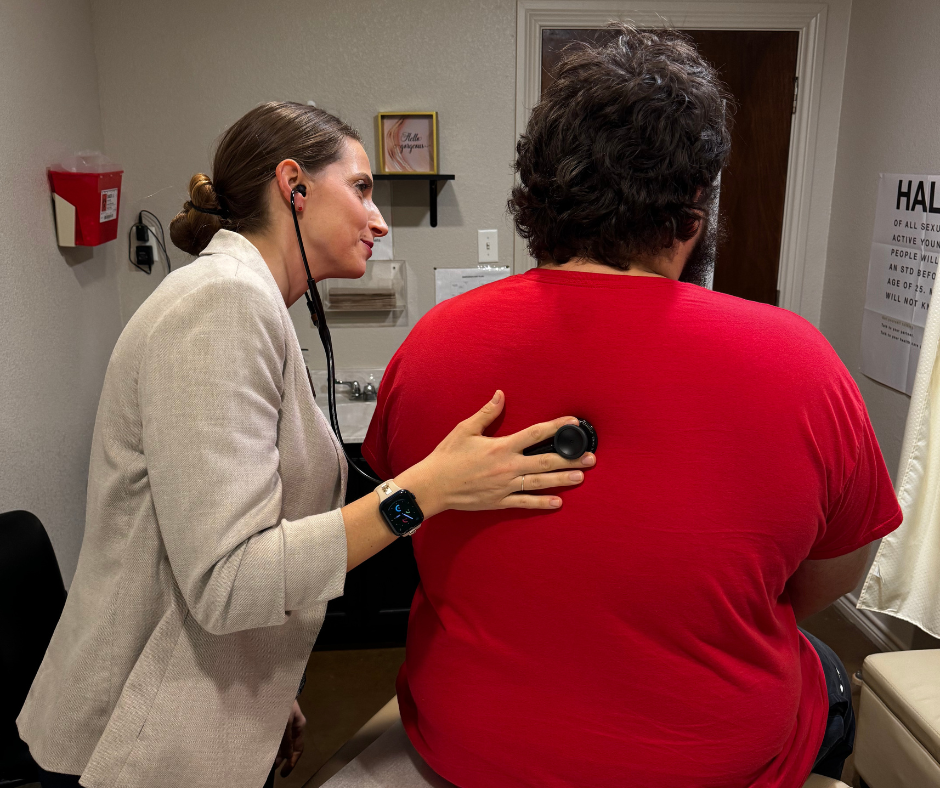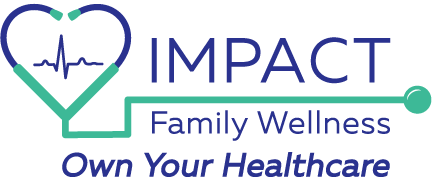How Small Business Health Care Affects Employee Satisfaction and Retention
Key Takeaways:
- Prioritizing employee health care benefits is crucial for small businesses. It demonstrates a commitment to employee well-being and can significantly impact satisfaction and retention.
- Direct Primary Care (DPC) is a valuable option for small businesses. DPC offers personalized, affordable care with extended access to providers, making it a great choice for improving employee health and well-being.
- Investing in employee health care benefits is a strategic decision. It can lead to increased productivity, reduced absenteeism, and a more positive company culture.
- By offering comprehensive health care benefits and promoting workplace wellness, small businesses can create a competitive advantage and attract top talent.
- It's essential for small businesses to explore innovative healthcare solutions like DPC to meet the diverse needs of their employees.
In the competitive field of small businesses, employee satisfaction and retention play a crucial role in overall success. A strong, engaged workforce is essential for productivity, innovation, and customer service. Keeping employees helps to reduce overhead costs and drive consistency in carrying out the mission. One of the key factors influencing employee satisfaction and retention is the quality of health care benefits offered by the company. For small businesses, providing comprehensive and affordable health care options can be a challenge, but it's an investment that pays off in the long run.
The Role of Health Care in Employee Satisfaction and Retention for Small Businesses
TEmployees who feel valued and supported through their healthcare needs are more likely to be satisfied with their jobs and committed to the company. When employees have access to quality healthcare, they experience reduced stress, improved health outcomes, and greater peace of mind. This, in turn, leads to increased productivity, reduced absenteeism, and a more positive work environment. Additionally, providing healthcare benefits demonstrates a company's commitment to its employees' well-being, fostering a sense of loyalty and trust. However, small businesses often face challenges in offering affordable and comprehensive healthcare options, making it essential to explore innovative strategies and solutions to meet the diverse needs of their workforce.
Lack of healthcare availability can pose significant challenges for employees, especially those with families or who are sick.
- Financial Strain: Without access to healthcare, unexpected medical expenses can quickly become overwhelming, leading to financial stress and even debt. This can impact an employee's ability to focus on their work and contribute to job dissatisfaction.
- Delayed Care: Limited healthcare access can result in delayed or avoided medical treatments, potentially worsening health conditions and leading to more serious complications in the long run.
- Family Burden: When an employee's health is compromised, it can place a heavy burden on their family members who may need to provide care or adjust their schedules. This can disrupt family life and create additional stress.
- Missed Work: Health issues, especially those that require treatment or recovery time, can lead to increased absences from work. This can negatively impact productivity, job performance, and potentially jeopardize job security.
- Peace of Mind: Knowing that they have access to quality healthcare can provide employees with peace of mind and reduce stress, allowing them to focus on their work and personal lives.
- Preventive Care: Regular check-ups and preventive care are essential for maintaining good health and preventing serious illnesses. Without access to healthcare, employees may be unable to receive these important services.
Small Business Strategies for Improving Employee Retention with Health Care Benefits
Small businesses can implement various strategies to enhance employee retention through health care benefits:
- Offer Flexible Options: Consider providing a variety of health care plans to cater to different employee needs and budgets. This could include high-deductible health plans (HDHPs) with health savings accounts (HSAs), health reimbursement arrangements (HRAs), or group health insurance plans.
- Prioritize Mental Health: In addition to physical health, mental health is equally important. Offer mental health benefits such as counseling, therapy, or employee assistance programs (EAPs). This demonstrates your commitment to employee well-being and can help reduce absenteeism and improve productivity.
- Promote Workplace Wellness: Encourage a healthy work environment by implementing workplace wellness programs. This could include on-site fitness classes, healthy snacks, and wellness challenges. These initiatives not only improve employee health but also foster a positive company culture.
- Consider Telehealth Options: Telehealth services can provide convenient and affordable access to healthcare. Offer telehealth benefits to employees, allowing them to consult with healthcare providers remotely. This can reduce costs and improve employee satisfaction.
- Educate Employees: Provide employees with information about their health care benefits and how to make the most of them. This can include workshops, webinars, or online resources. Educating employees empowers them to make informed decisions about their health and well-being.
Employee Care Means Company Care
Investing in employee health care benefits, such as Direct Primary Care (DPC), is not just a financial decision; it's a strategic one. DPC offers personalized, affordable care with extended access to providers. Impact Family Wellness provides Direct Primary Care with affordable plans, same day appointments, urgent care, telehealth, flexible scheduling and direct access to providers! These plans help put your small business ahead of the game without breaking the bank.
By prioritizing the well-being of your employees through DPC, you demonstrate your commitment to their success and create a positive company culture. A satisfied and healthy workforce is more likely to be loyal, productive, and engaged. Small businesses can play a significant role in improving employee health and well-being by offering DPC as a healthcare option. This provides employees with a convenient and affordable way to access quality care, reducing stress and improving overall satisfaction.
Impact Family Wellness is a dedicated Direct Primary Care practice committed to promoting the health and well-being of families. They offer a wide range of services and resources to support individuals and families in achieving their optimal health goals. To learn more about Impact Family Wellness or to contact us, please visit our website at https://www.impactfamilywellness.com/
FAQ
What is Direct Primary Care (DPC)?
DPC is a healthcare model that provides patients with personalized, affordable care with extended access to their provider. DPC practices typically have lower overhead costs and charge a monthly membership fee, rather than relying on insurance reimbursements.
How does DPC benefit small businesses?
DPC can benefit small businesses by:
- Providing employees with affordable, accessible healthcare
- Improving employee health and well-being
- Reducing absenteeism and increasing productivity
- Enhancing employee satisfaction and retention
- Demonstrating a commitment to employee well-being
What are the costs associated with offering DPC to employees?
The costs associated with offering DPC to employees typically involve a monthly membership fee per employee. This fee can vary depending on the specific DPC practice and the services included. However, DPC can often be more cost-effective than traditional insurance plans, especially for small businesses with a limited number of employees.
How can small businesses implement DPC for their employees?
Small businesses can implement DPC by:
- Researching DPC practices in their area
- Evaluating the costs and benefits of DPC compared to traditional insurance plans
- Negotiating rates with DPC practices
- Communicating the DPC option to employees and providing them with information about the benefits and how to enroll
- Supporting employees in accessing DPC services and resolving any issues that may arise







Measles in Texas: Primary Care Tips to Stay Safe, Spot Symptoms, and Know When to Call Your Provider



